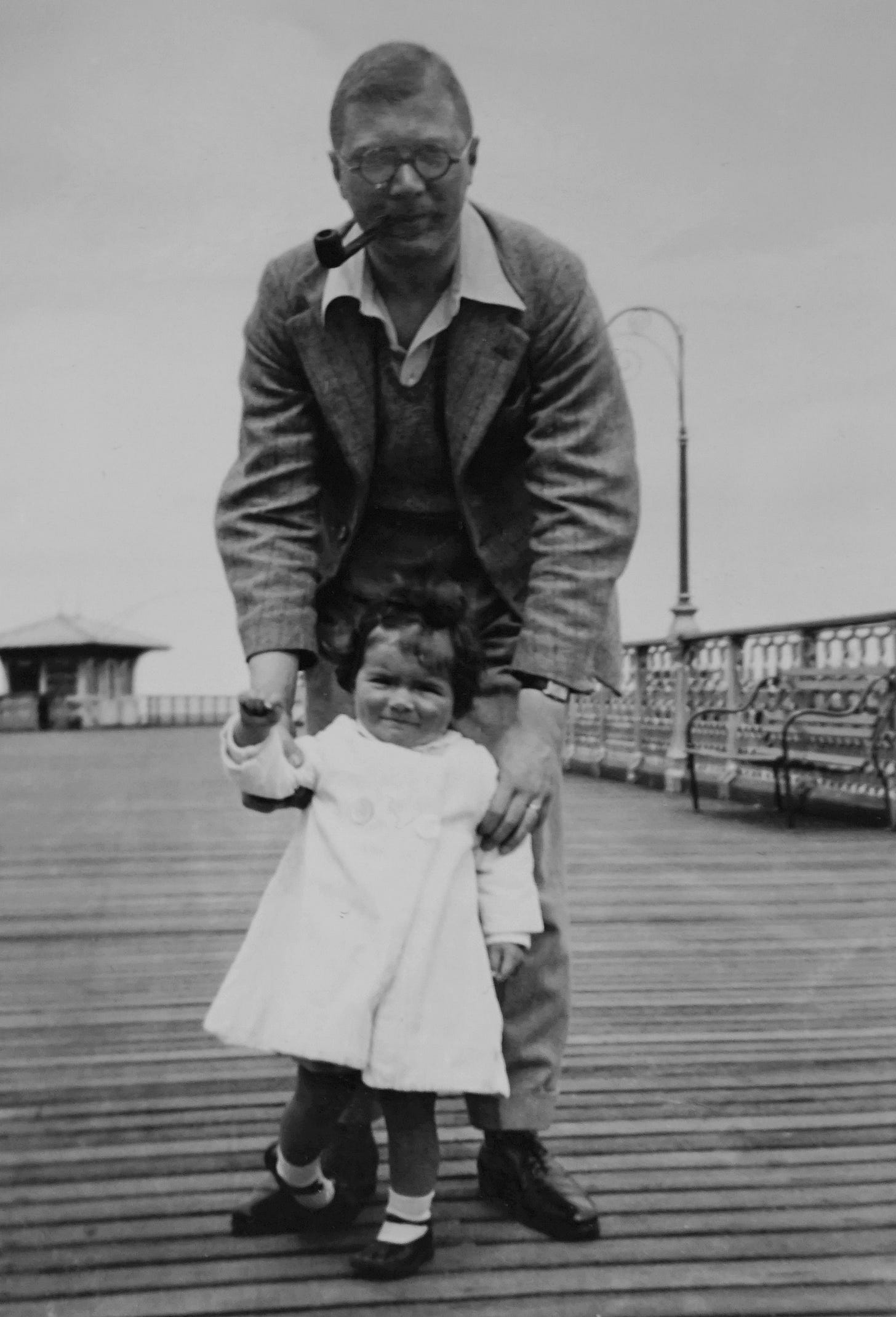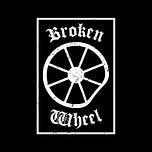- Sorrow is better than laughter,
for by sadness of face the heart is made glad. -

Okay, if you aren’t considering chapter 2 verse 2 when we read today’s passage, that is on you. Our verses literally contain the word laughter!
Eccl. 2:2 calls laughter madness. It does not make a comparison between laughter and sorrow.
We could say that laughter is to be preferred to sorrow despite its madness. Why? Well, if it’s all bad news, why not have tea with the Hatter?
We see people make this argument all the time. It Is the thesis of Hedonists, Carpe Diem, and even the new line of Atheists.
In Richard Dawkins’s book, The God Delusion, he tells a story about getting a lunch with a group of friends.
The story is told for several reasons. It lightly touches on the concept of free-will, the meaning of life, and what happens at the end of death.
What matters? None of that really to Dawkins. He simply had a nice lunch today; isn’t that enough for the cows and sheep? Why would he ask for more?
How are we to respond? Shock at the lack of purpose? Others may think there is a humility in Dawkins’s view on life that while for the wrong reasons should be imitated.
There is a reason why Christian apologists have focused on grief. Lewis does in In the Problem of Pain as well as Dr. Kreeft in Love is Stronger than Death.
Pain is inseparable from life. Every time you just enjoy your lunch, you’re separated from the future you that will ultimately suffer and die.
The Fall, at least an aspect of it, is the entrance of pain into the world; more than that, it is the realization and “prophecy” of pain to come in our own lives.
The curse given to man is he must now struggle for every minute given to him. Every mouthful is produced by sweat.
Think about it another way. Why do human beings love alcohol? The common motivation I hear is it allows people to loosen up.
I’ve had many friends tell me they are too anxious and not fun until they’ve had a few drinks.
Why do we like it? It blurs the future. It hides the fall. It’s a small respite, like sleep, from the end. The consequences of our actions are no longer seen, depending on the level we consume.
Isn’t that a laugh as well? It’s all consuming. You can get into a fit of laughter, unable to control yourself, even to the point of it hurting.
A very simple proof. Is it better to know a train is coming or not? Is it better to know your end or ignore it?
Laughter cannot see the train; sorrow has seen and knows the end of what it holds dear. It allows one to cherish, and, this is a great mystery, to love.
The best joy is that mixed with sorrow. The truest laughs have gratitude for one’s finitude. Why the exclamation “I’m crying” to emphasize the heartiest ones?
Is it still better to know and weep even if you cannot change the end? Why not ignorant bliss, as the saying goes?
Again, we see the majesty of Christ. His ways are indeed not our own. Knowledge is given not for our victory but to teach unclean lips to praise.
We cannot alter mortality, but oh, what a Savior!













Share this post